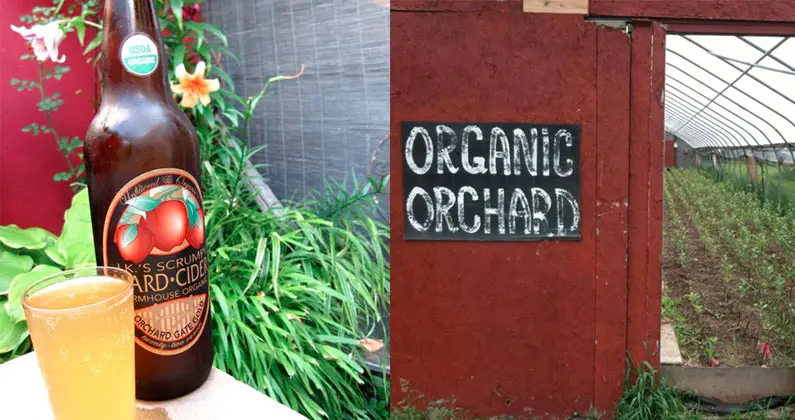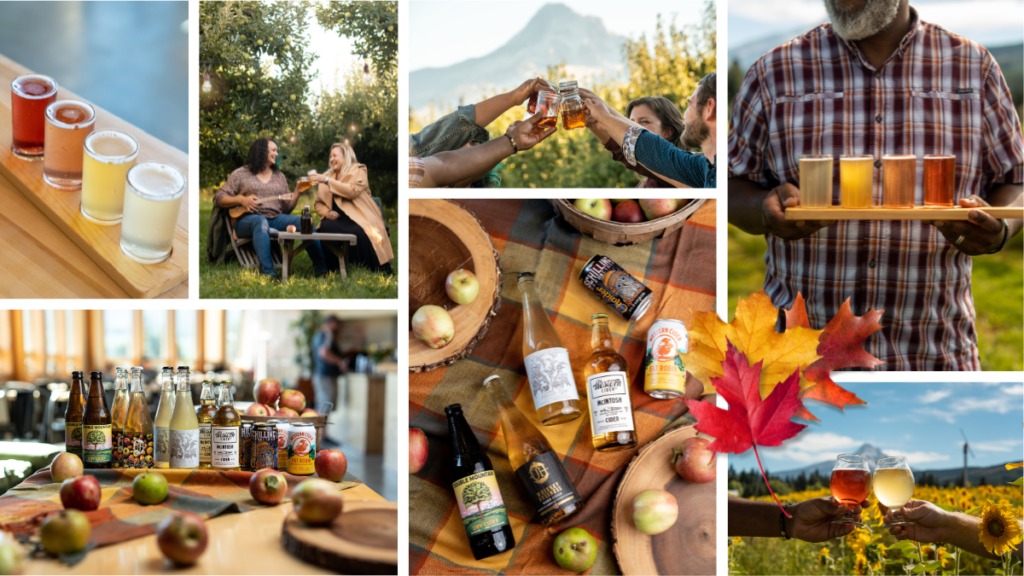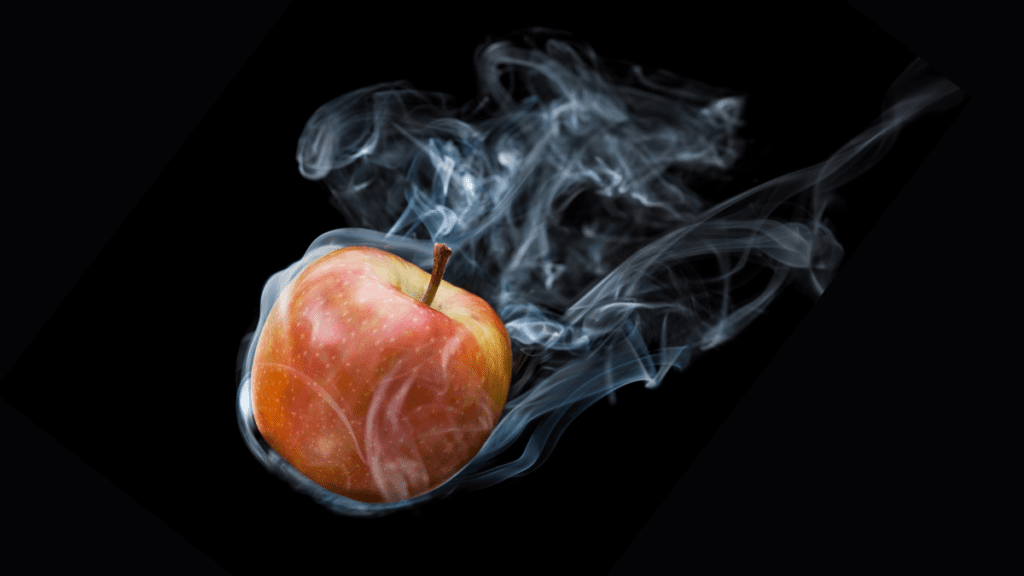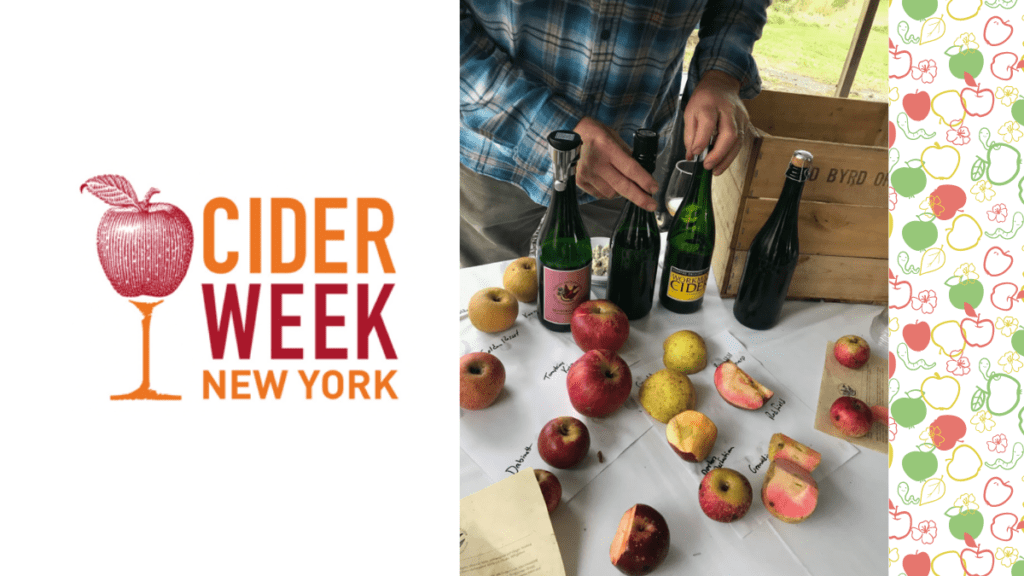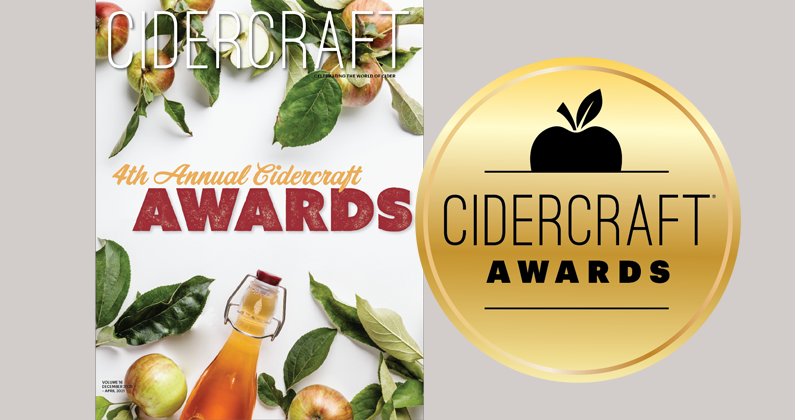Tried and True Organic from Old Roots in Michigan
By Ty Hillis
Photos courtesy of J.K.’s Scrumpy Cider
If the year was 1925 and a person was in need of some good ol’ apple-produced hooch, their choices would be few and far between. However, if they could make it out to Flushing, Michigan, they may have had some luck at Almar Orchard with its “Special Farm Cider.”
Cider has been a staple at the Almar Orchard since it was first pressed back in the 1850s. Since then, the production has continued through generations, helping the orchard stay afloat through both depressions and Prohibition.
It’s a difficult time to be an apple farmer in the United States. Large-scale operations and foreign-made additives have made traditional apple farming a risky endeavor. Jim Koan, current owner of Almar Orchards, felt the instability beginning to build in the apple industry back in 2002. He approached a local beer distributor with his cider, presented in a wine bottle with a homemade label, hoping to find a new market for his apples. Previously, he had just sold his apples in bulk and simply made cider on the side.
The distributor he approached was Bruce Wright, who had a fond love for ciders due to his upbringing in Scotland. “I didn’t think much of it when I first got the bottle,” Wright says. “Once I tried it, oh my god, I remember thinking, this is amazing!”
So when Wright left the distribution company he was working for, he decided to partner up with Koan and redesign and remarket the cider. With a new label and a more common bottle, the J.K.’s Scrumpy was born.
A unique attribute of the cider, which has been passed down through the generations, is the way in which it is produced. While “organic” is a label being used a lot these days, when Almar Orchards say their apples are grown organically, they mean it.
There are only two ingredients in their traditional hard cider: apple juice and yeast. As their website adds, “no artificial flavors or colors and—of course—no sulfite nor preservatives of any kind.”
Insecticides are nowhere to be found on the farm, instead guinea fowl and Berkshire pigs wander the orchard eating up bugs and rotten apples. This not only produces a healthy, chemical-free apple, but also develops tasty pork to pair with a fresh cider.
“Cider allows Jim [Koan] to be an orchardist,” Wright says. “He loves working on the farm and is happy to have found a good use for his apples.”
Currently, J.K.’s Scrumpy offers four different types of cider. First is the traditional J.K.’s Scrumpy Orchard Gate Gold Hard Cider. This is the drink which is closest to what was drunk by “outlaws” during Prohibition. With only Almar Orchard’s apples providing flavor, the product reminds a person of taking a bite out of a freshly picked fruit (with an added kick of course). The line also includes the Hard Cider, Winterruption seasonal cider and the Northern Neighbour, a collaboration of apples from Almar and a Canadian prairie apple known as a Saskatoon.
Currently, Almar Orchards are in full swing with their business. Koan, now 67-years-old, works 16 hours a day, seven days a week, according to his business partner. “He loves it,” Wright says. “The only reason we make cider is so we can grow apples. Jim [Koan] is dedicated to producing the best apple he can, and it turns out our cider is pretty amazing too!”

